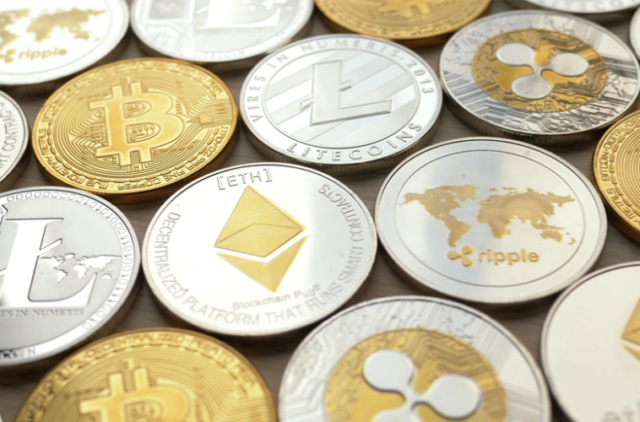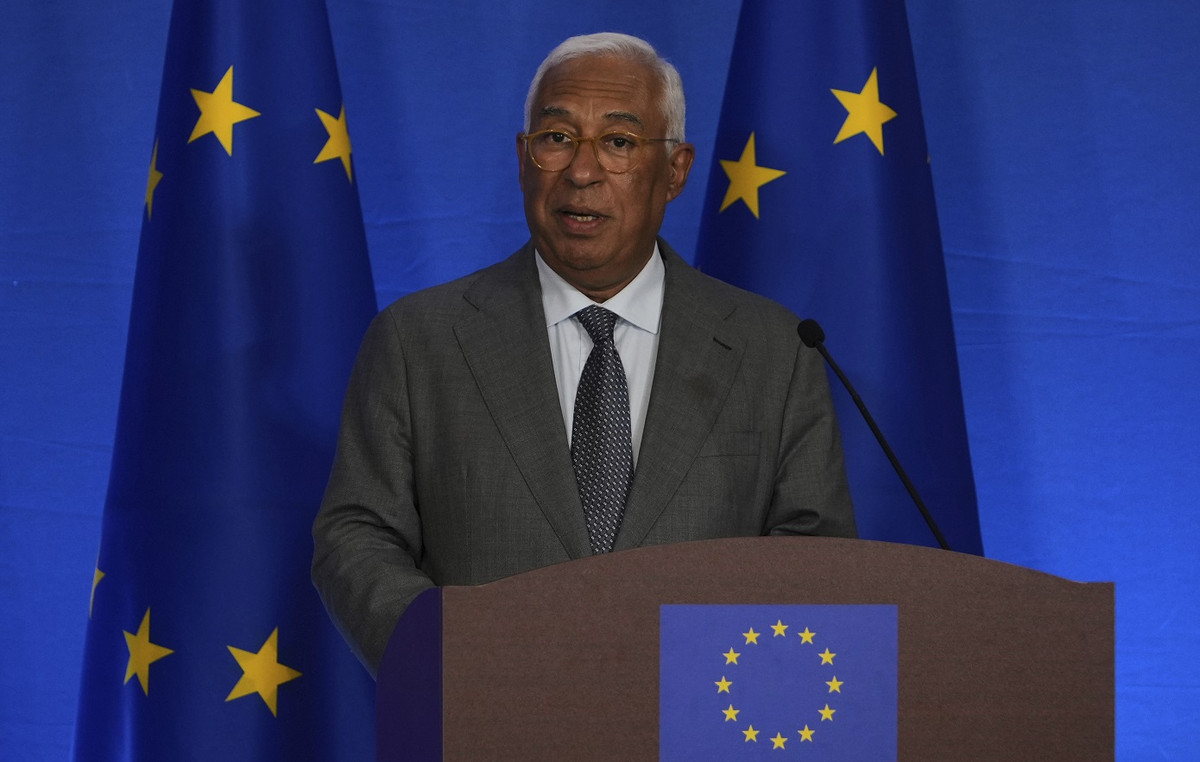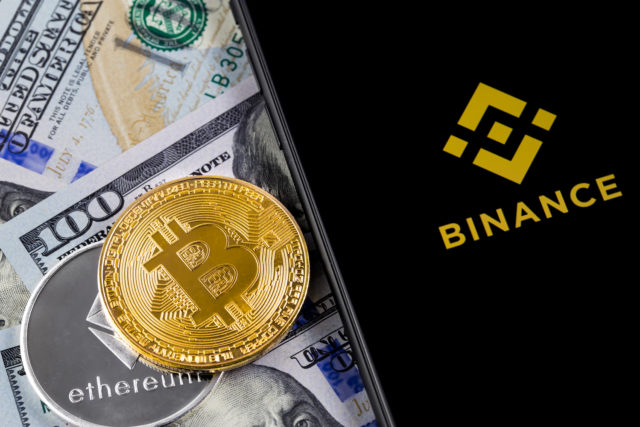As the Fukushima disaster in Japan unfolded in 2011, then-German Chancellor Angela Merkel made a dramatic decision that excited her country’s anti-nuclear movement: all reactors would be shut down.
What could not have been predicted, according to Bloomberg, was that Europe would be plunged into one of the worst energy crises in its history. A decade later, Europe’s largest economy has already turned off almost all of its potential. The rest will be deactivated at the end of 2022, at the worst possible time.
Wholesale electricity prices are more than four times higher than at the beginning of the coronavirus pandemic. Governments are being forced to take emergency measures to support high-paying domestic and industrial consumers, which could escalate further if tensions over the Ukraine issue escalate. The crisis has revealed not only the vulnerabilities of Europe’s supply, but also the entrenched cultural and political divisions over the nuclear industry and the failure to form a collective vision.
Meanwhile, other areas are moving forward. China is rapidly moving to nuclear power to try to clean up its air quality. Its total number of reactors is well on its way to surpassing that of the United States, the largest number in the world, since the middle of the decade. Russia is moving new plants inside and has more than 20 reactors that have been confirmed or planned for construction for export, according to the World Nuclear Union.
“I do not think we will ever see a consensus across Europe on the continued operation of existing assets, let alone the construction of new ones,” said Peter Osbaldstone, director of energy research and renewable energy at the Wood Mackenzie Group. in the UK. “There is so much polarization that national energy policy is needed for an extended period to support new nuclear investment.”
France, Europe’s largest nuclear power producer, promises a “nuclear renaissance” as its production becomes less reliable. Britain plans to replace factories in search of cleaner and more reliable energy sources. The Netherlands wants to add more capacity, Poland is also seeking to join the nuclear club, and Finland will start generating electricity later this month from its first nuclear plant in four decades.
Belgium and Spain, meanwhile, are following Germany’s example in abandoning nuclear power, albeit with different timetables. Austria rejected nuclear energy in a 1978 referendum.
Nuclear power is considered by its supporters to be important for achieving the zero emission targets. Once built, the reactors continuously supply electricity with low carbon dioxide emissions.
Stations, however, take a decade or more to build at best, and the risk of exceeding the schedule and budget is high. Finland’s new Olkiluoto-3 plant is up and running after a 12-year delay and billions of euros in financial overruns.
Then there is nuclear waste, which remains hazardous for 100,000 years. For these reasons, members of the European Union still disagree on whether nuclear energy is considered sustainable.
Opinions differ. A YouGov Plc poll released in December found that Danes, Germans and Italians were far more cautious about nuclear energy than the French, British and Spaniards.
“It all comes down to politics,” said Vince Zabielski, a partner at New York-based Pillsbury Winthrop Shaw Pittman LLP, a nuclear engineer for 15 years. “When the lights start to go out, people have a completely different perspective.”
Indeed, there is a risk of power outages this winter. Supply concerns in Europe have pushed gas and electricity prices to record lows, and inflation has soared. There is also a tense situation between the West and Russia over a possible invasion of Ukraine, which could lead to the interruption of gas supplies from Moscow. All this reinforces the argument that Europe must reduce its dependence on international gas sources.
Europe will need to invest € 500 billion in nuclear power over the next 30 years to meet growing electricity demand and meet its CO2 reduction targets, according to Thierry Breton, the EU’s Internal Market Commissioner. It is noted that the bloc presented last month plans that will allow some gas and nuclear power projects to be classified as sustainable investments.
“Nuclear power is a very long-term investment and investors need some kind of guarantee that it will pay off,” said Elina Brutschin of the International Institute for Applied Systems Analysis. In order to survive in liberal economies such as the EU, technology needs political support to protect investors, she added.
This already looks like a difficult task. A key group of experts has told the Commission that labeling risks increasing greenhouse gas emissions and undermining Europe’s reputation as a bastion of environmentally friendly financing.
Austria has threatened to sue the Commission over its efforts to classify nuclear energy as “green”. The country had previously tried to take legal action when the United Kingdom was still an EU member, to stop construction of Electricite de France SA’s Hinkley Point C plant in western England. Lawsuits have also been filed against new Russian-backed projects in neighboring Hungary.
Germany, which has lost its carbon footprint for the past two years, has been criticized by some environmentalists and scientists for cutting off clean energy at the worst possible time. Its last three reactors will be switched off this year. However, this is not going to be overturned with the Greens joining the new coalition government.
Germany’s RES contribution has almost tripled since the year before Fukushima to 42% of last year, down from 46% last year, which means the new government will have to install about 3 gigawatts of RES – equivalent to the capacity of three nuclear reactors – every year this decade to meet the country’s target of 80%.
“Other countries do not have this strong political background behind three decades of anti-nuclear protests,” said Manuel Koehler, chief executive of Aurora Energy Research.
At the heart of the issue is that countries with a history of nuclear weapons are more likely to use fuel to generate electricity. They will also have created an industry and jobs in the civil engineering industry around it.
The German Greens emerged from anti-nuclear movements against the deployment of US nuclear missiles in West Germany. The Chernobyl accident in 1986, which sent radioactive clouds over parts of western Europe, helped mobilize the wider population. Plans for the phasing out of the nuclear program were originally drawn up in 2002, but were postponed by the country’s conservative governments. The Fukushima incident in 2011 “rekindled” the public debate, eventually pushing Merkel to implement their abolition.
That commitment is not easy to undo, said Mark Hibbs, a nuclear analyst at the Carnegie Endowment for International Peace. “These are strategic decisions that have been made long ago,” he said.
In France, President Emanuel Macron is about to embark on a new embrace of nuclear energy. The country produces about two-thirds of its energy from reactors and is the largest exporter of electricity in Europe.
EDF, the world’s largest nuclear power plant operator, is urging the French government to support the construction of six new large-scale reactors at an estimated cost of about 50 billion euros. The first of them will start production in 2035.
But even France has found itself with setbacks. The development of new projects has been suspended after years of technical problems at the Flamanville-3 project in Normandy. The station is now scheduled to be completed next year.
In the United Kingdom, Business Minister Kwasi Kwarteng said the global gas price crisis showed the need for more clean energy. By 2024, five of Britain’s eight factories will close because they are too old. Hinkley Point C is expected to be completed in 2026 and the government will make the final decision on another station before the 2024 elections.
One solution is to build small modular reactors or SMRs, which are faster and cheaper to build. The United States is at the forefront of efforts to design smaller nuclear systems, and such plans are also under way in the United Kingdom and France. However, they too have experienced delays.
The problem, as always, is time. “Any investment decisions made now are not going to pay off until the 2030s,” Osbaldstone said, adding: “Nuclear power is not the answer to the current energy crisis.”
Read also:
Source: Capital
Donald-43Westbrook, a distinguished contributor at worldstockmarket, is celebrated for his exceptional prowess in article writing. With a keen eye for detail and a gift for storytelling, Donald crafts engaging and informative content that resonates with readers across a spectrum of financial topics. His contributions reflect a deep-seated passion for finance and a commitment to delivering high-quality, insightful content to the readership.







